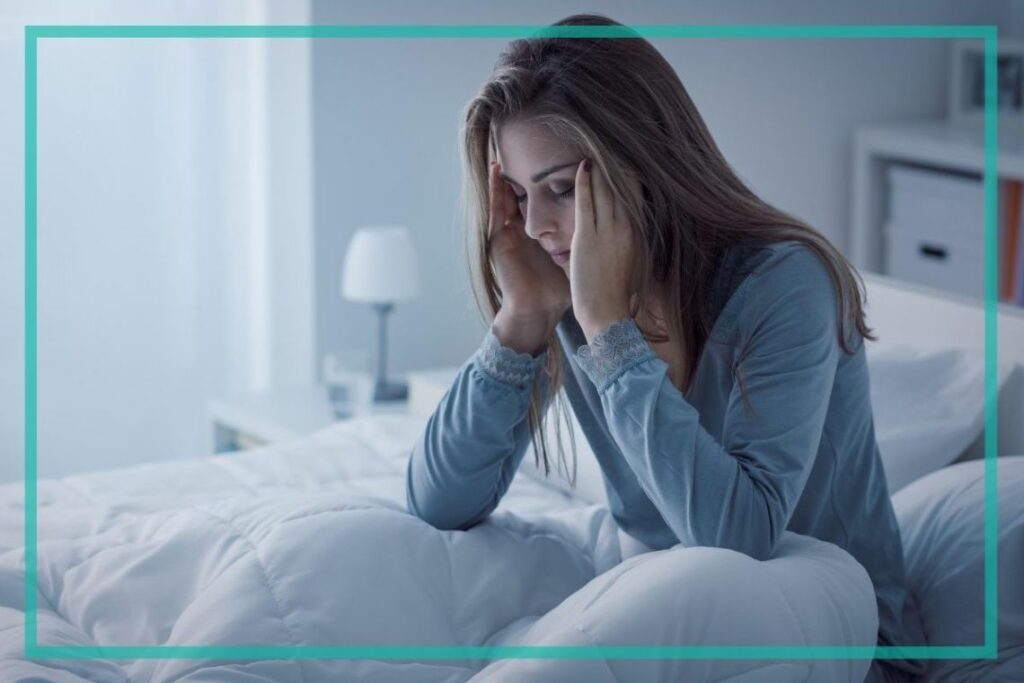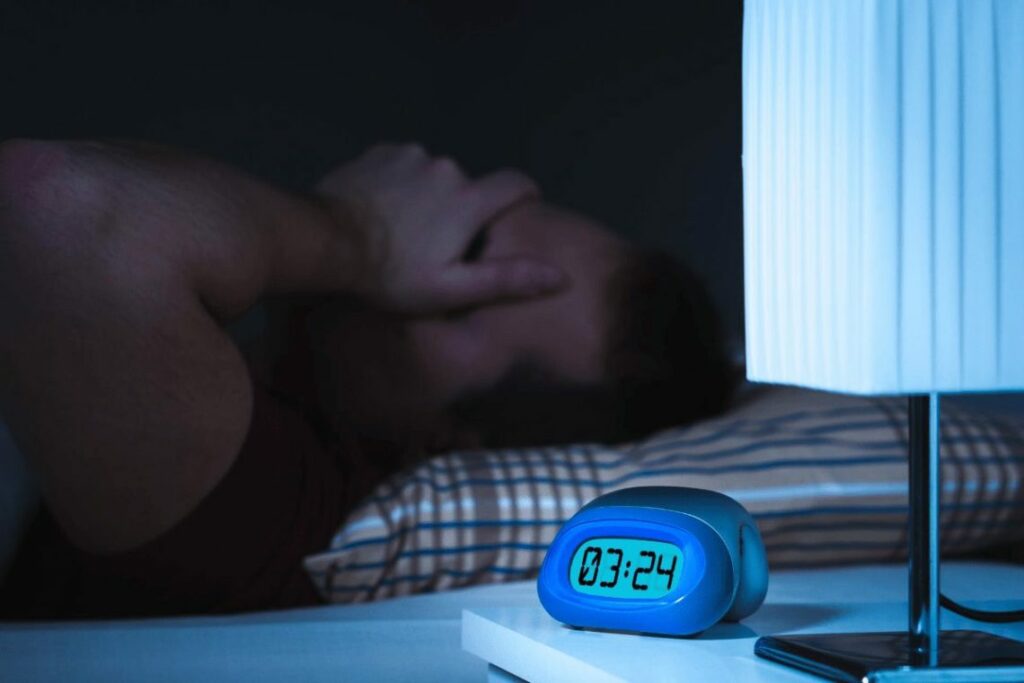
How to Get Better Sleep
A poor night’s sleep can leave us feeling tired and frustrated and influence productivity and our ability to think. Poor sleep can lead to behaviors that further worsen sleep in the long run, including increasing caffeine intake to stay awake and skipping work outs because we are too tired. Moreover, over time, poor sleep can increase anxiety and negative thoughts about sleep that can further worsen our ability to sleep in the future. With this post, I hope to clarify what insomnia is and highlight some strategies that can help us find a good night’s rest when we fall off track.
What is Insomnia?

Insomnia happens when we have difficulty falling or staying asleep. Most people experience some amount of trouble sleeping throughout the course of their life. Sleep difficulties can come as a result of a variety of factors, and brief episodes of insomnia often pass without any treatment. However, when the insomnia lasts for a long period of time (3+ nights/week for 3+ months), it can affect our mood, energy, and overall health. Chronic insomnia can lead to increased anxiety and worry about sleep and promote behaviors that can work to worsen our sleep. Luckily, however, there are strategies that can help those struggling to get a good night’s rest.

Strategies to improve quality of sleep:
- Create a dark, quiet, and comfortable environment for sleep.
- Reserve your bedroom for sleep and intimacy only.
- Go to bed and wake up at the same time every day.
- Practice relaxation before bed.
- Exercise during the day.
- Avoid caffeine.
- Refrain from taking long naps late in the day.
If you find yourself consistently struggling to fall asleep and stay asleep at night, it might be time to consider seeing a psychologist trained in providing Cognitive-Behavioral Therapy for Insomnia (CBT-I). CBT-I has been found to be more effective than medication to help improve sleep and is a proven course of therapy for individuals who are experiencing trouble falling asleep, tossing and turning all night, or keep waking up throughout the night.
If you would like to learn more about CBT-I and how it can work for you, please feel free to contact us at 619-554-0120, info@coronadopsych.com, or click here to schedule an initial consultation.

No Comments yet!